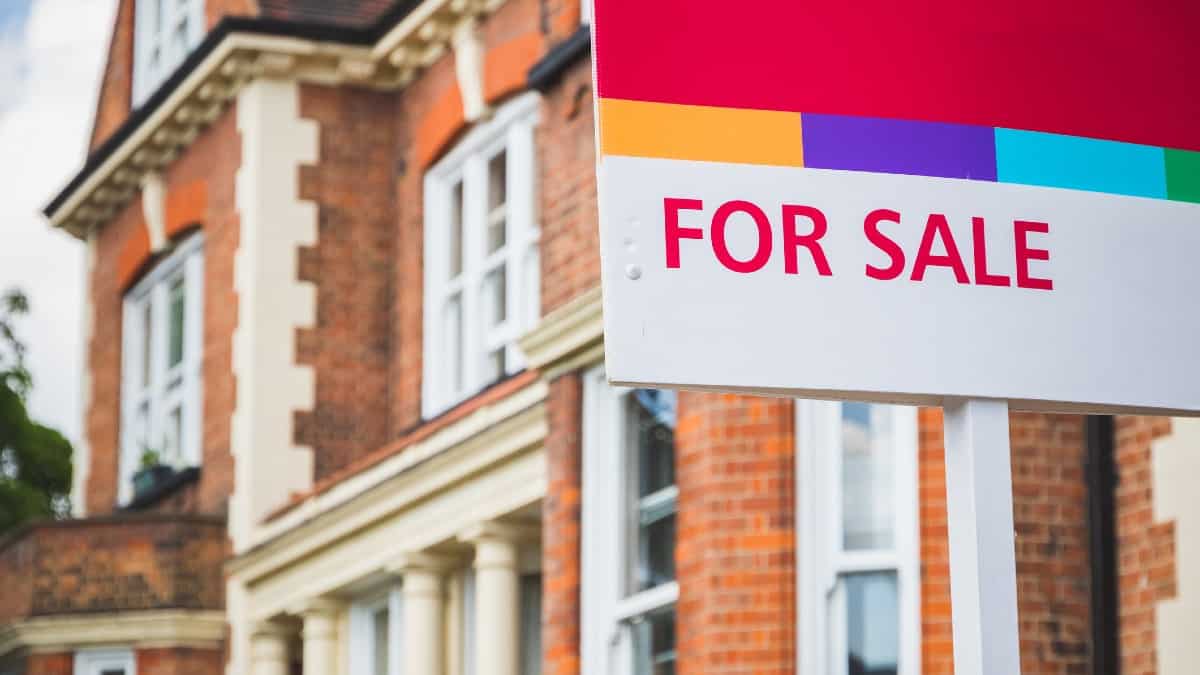The Bank of England has just announced a base rate rise from 0.1% to 0.25%. It’s the first rise in the base rate for three years. So what does the rise mean for house prices? Will house prices crash or will they continue to rise in the new year?
Here I take a look at what the interest rate rise means for house prices and mortgages, and what the wider impact on our finances might be.
[top_pitch]
Why has the Bank of England raised interest rates?
Interest rates and inflation are closely tied together. Banks, businesses and individuals all rely on borrowing to help them spend money. And lower interest rates tend to encourage higher inflation.
The cost of living rose by 5.1% in the year to November, and inflation is well above the government’s target of 2%. The Bank of England has come under pressure to raise interest rates in the hope that this will suppress some of the upward pressure on prices.
What impact does the rise have on mortgages?
Super cheap mortgage rates are available at the moment. Many lenders have even extended some of these great deals to first-time buyers with lower deposits.
However, some lenders have already responded to the interest rates rise by passing on the extra cost to borrowers. This means it might cost you more for a mortgage if you’re currently moving house or about to remortgage. But many of us are on fixed-rate mortgages, so the rise in interest rates won’t affect us for a while.
For the two million of us on tracker or standard variable-rate mortgages, the interest rates rise will add an average of £10 to £15 per month to mortgage costs.
Of course, there’s no guarantee that there won’t be further interest rates rises in the near future.
[middle_pitch]
What is the impact on house prices?
UK house prices have continued their upward climb during 2021. And there’s no sign of any slow down or house price crash in the near future.
House prices are driven by the level of demand, and there’s a long-term housing shortage in the UK. That underlying housing shortage is not likely to end any time soon, and the demand for houses is likely to remain strong.
Mortgage rates are still very low, despite the slight rise in the base rate. There are still plenty of great deals around if you’ve managed to save up your deposit or want to move to a bigger house.
High demand and continuing low interest rates mean that house prices are likely to continue to rise in the new year.
Will the interest rate rise curb inflation?
What about the cost of living crisis? Will the interest rate rise help to bring down fuel prices and the cost of our weekly groceries shop? Experts suggest that inflation is driven by global factors that are largely outside the control of the UK government.
Global shortages of some goods, higher global energy prices, UK lorry driver shortages and the end of government support for some businesses are all factors pushing up prices. Unfortunately, inflation is likely to remain high in the new year.







